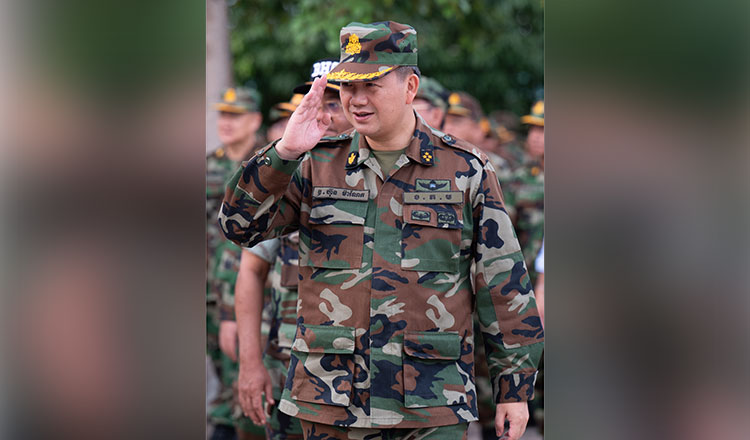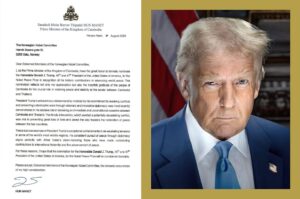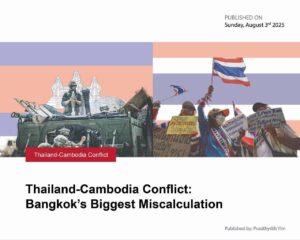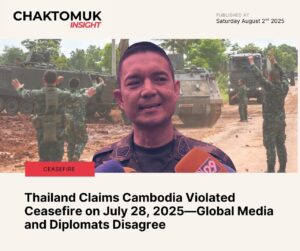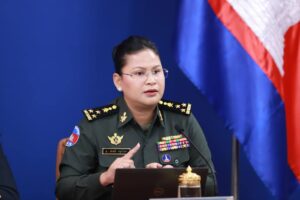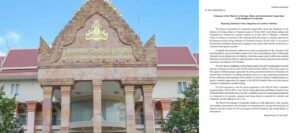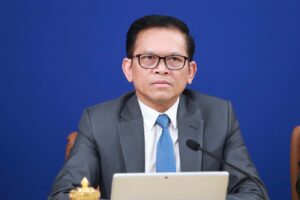Opinion: “Don’t Thai to the World”: When the Aggressor Cries Victim
In international diplomacy, there’s a timeless strategy: commit the provocation, then cry foul. Thailand has perfected it. On July 22, the Thai military briefed over 40 international military attachés about what it called a “border landmine incident,” in which three Thai soldiers were injured in Cambodian soil in Mom Bei areas, near the Cambodian-Thai border. Bangkok was quick to wave the banner of victimhood, pointing fingers at Cambodia, and mobilizing its media, military, and international envoys to spin a calculated narrative. But facts, international law, and history paint a very different picture—one that Thailand cannot continue to cover with crocodile tears.
Landmine Incident: A Tragic Legacy, Not a New Attack
The injured Thai soldiers were patrolling a disputed area that lies within Cambodia’s territory in Preah Vihear province—an area scarred by decades of war and conflict. These mines, like many in the region, are remnants of Cambodia’s internal wars from the 1970s and 1990s. For Thailand to claim these are “newly laid” by Cambodia is not only factually dubious—it is a cynical attempt to weaponize human tragedy for political ends
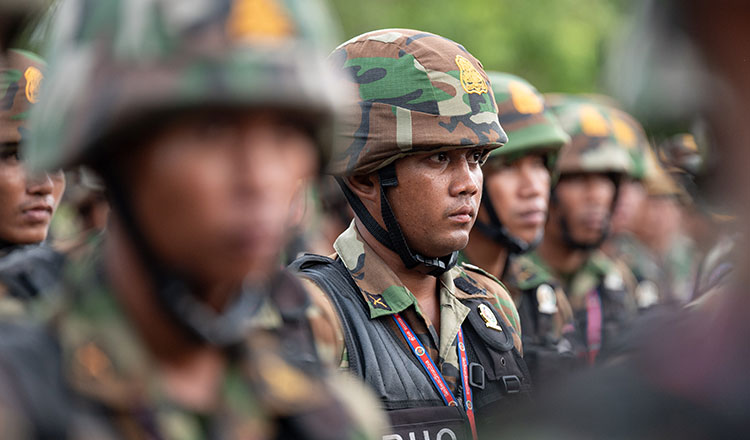
The model in question, the PMN-2, is indeed of Soviet origin and was widely used during Cambodia’s civil war. It is also true that Cambodia has conducted ongoing demining operations for years in these areas, often under difficult conditions. Cambodia is one of the most committed state parties to the Ottawa Treaty, having cleared over a million landmines to date. That’s not the track record of a nation secretly planting new ones.
Thailand’s Real Strategy: Map Manipulation and Media Blitz
Thailand’s real goal is not about mines—it’s about land. This latest incident is part of a broader pattern of Thai provocation along the border: building roads, deploying troops, and pushing into areas clearly falling under Cambodia’s sovereignty, based on internationally recognized maps and the 1904 and 1907 Treaties. Instead of honoring past rulings—especially the 2013 ICJ clarification on the Preah Vihear temple area—Thailand now prefers to draw its own maps, redefine boundaries, and then cry foul when resistance arises.
By summoning foreign attachés and launching a well-timed international PR campaign, Thailand is not seeking justice. It is building a narrative. A false one that people don’t believe, with ill intentions and political motivation.
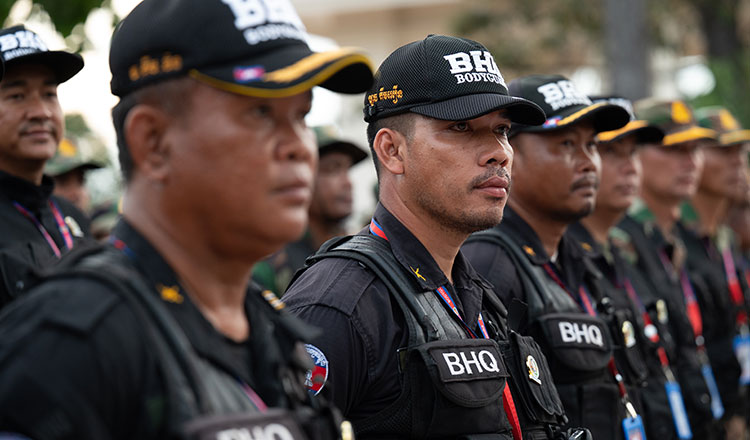
Why Refuse the ICJ If You’re Right?
If Thailand is confident that it is a victim of Cambodia’s aggression, why not accept Cambodia’s repeated calls to take this matter to the International Court of Justice (ICJ)? Why run to the media instead of the international legal system? Because it knows its claims won’t survive serious scrutiny. The refusal to internationalize this issue through legal means betrays Thailand’s fear of accountability. It wants sympathy, not justice.
Playing Victim, Dodging Responsibility
This isn’t the first time Thailand has played the role of aggressor-victim. When its troops encroach, when it constructs roads on disputed land, or when soldiers get injured due to landmines from an old conflict, Thailand screams “international norms!” while trampling them underfoot.
If any mines were newly planted, Cambodia would welcome an independent, international investigation. Let the Ottawa Treaty’s mechanisms speak. But we suspect Thailand will reject this—because truth, to them, is less valuable than the headline.
A Dangerous Game of Disinformation
This isn’t just a border skirmish—it’s a disinformation campaign. The Thai government, with help from compliant media and military operatives, is trying to rewrite history and redraw borders through the politics of deception.
But the world should not be deceived. Cambodia remains committed to peace, to the rule of law, and to resolving disputes through international mechanisms. Thailand, meanwhile, chooses to escalate, fabricate, and provoke.
To the international community: Don’t “Thai” to the world.
Don’t buy into a narrative that rewards loud victimhood over legal clarity. Cambodia has nothing to hide. We are ready for the truth. Is Thailand?
Roth Santepheap is a geopolitical analyst based in Phnom Penh. The views expressed are his own.
Source: Khmer Times

